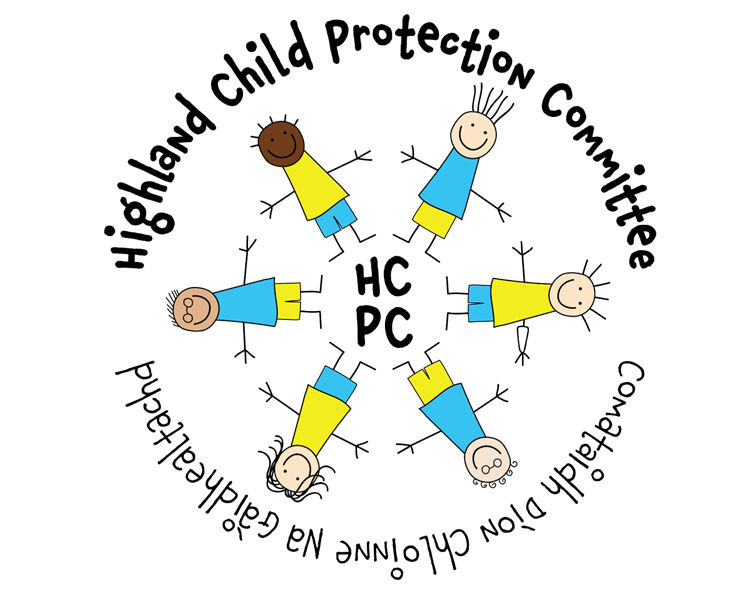Education

All staff working in education establishments, including early learning and childcare (ELC) settings, have a key role in the support and protection of children and young people. Day-to-day professional experience of, and relationship with children is a fundamental protective factor. All staff must be aware of, and must follow, child protection procedures.
Every school and ELC service should have a child protection co‑ordinator taking lead responsibility for child protection in the school, in liaison with the head of establishment, to whom he/she will report. The child protection lead should also engage with appropriate training and development in order to be able to respond effectively to child protection concerns, to support staff and to share learning. Education Scotland has a strategic Safeguarding Lead.
The Health & Wellbeing Across Learning: Responsibilities of All Experiences and Outcomes within Curriculum for Excellence, alongside the GIRFEC wellbeing indicators, summarises how practitioners, pupils, parents and communities must work together in protecting and promoting children's rights, wellbeing and safety. This includes helping children develop in their ability to keep themselves and others safe; and helping them learn how to get help and support if they need it.
Some protective work is preventative and developmental. For example, 'Personal and Social Education' aims to provide children with the knowledge, skills and values associated with healthy choices and relationships, and preparation for adult life.
When concerns about risk of harm arise, education services are well placed to notice and respond to:
- additional needs or factors that may impact on a child's ability to voice concern
- physical and emotional changes in a child that could indicate abuse or neglect
- family, school, cultural and community context of concerns about a child or children
- escalating support needs of a child and their family
- risks and stresses for some children in transitional stages as they move into a new school or on to adult life and services
Children often see education staff as a trusted source of help and support in confidence. However, when there are concerns about harm to a child emerging from their presentation, or from what they have said or done, then the nominated child protection officer will be consulted without delay. All steps and actions will be recorded.
While all staff in ELC services and schools have responsibilities in relation to child protection, the named person within the GIRFEC approach has a focal role in the recognition of concerns and the co‑ordination of help and response from the service, as appropriate. Education services will share information and contribute to investigation and assessment, according to inter-agency child protection protocols, and as far as may be proportionate, relevant and lawful. A child may be referred to the Principal Reporter if there is cause to believe they may be in need of a Compulsory Supervision Order.
Education services are an essential part of inter-agency planning and support with children and their parents, whether this is within child protection processes or as part of the co‑ordinated planning within a GIRFEC approach. Community learning and development and youth work may provide significant support in planning around each child's needs.
Where a child goes missing from education, services within local authorities will conduct investigations.
Local authority education services have responsibilities towards children educated at home. Home educators and local authorities are encouraged to work together to develop trust, mutual respect and a positive relationship in the best educational interests of the child. The welfare and protection of all children, both those who attend school and those who are educated by other means, is paramount.
Specific forms of concern require appropriate levels of awareness, knowledge and skills within an establishment. These include recognition of neglect, mental health problems, parental alcohol and drug use, under-age sexual activity, child sexual abuse and exploitation, honour-based abuse, forced marriage, female genital mutilation and bullying. Education establishments and early learning and childcare settings have a responsibility, in co‑operation with Child Protection Committees, to ensure that there are appropriate and regularly reviewed procedures and guidance in place.
